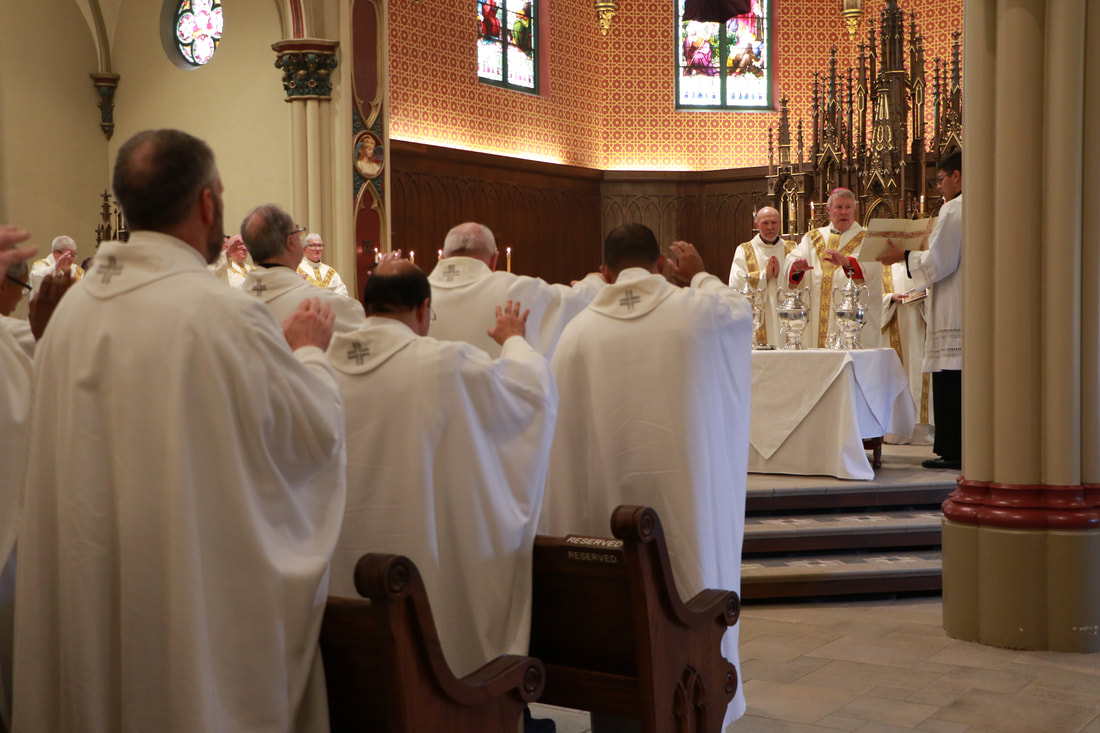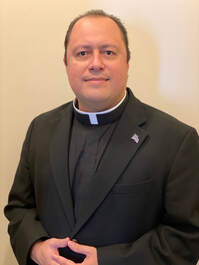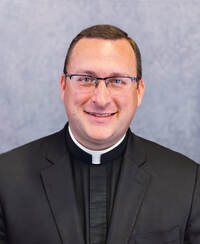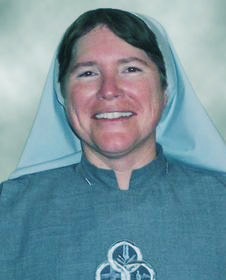Do priests aspire to become bishops?
Featured column from the 9/7/23 edition of The Lumen
|
by Father David Esquiliano, JV, JCL
My last job before entering seminary was as a programmer at a company that designed and manufactured electronic devices. When I joined that company, my intention was to become a manager, and perhaps a director later on. I believe this attitude is quite common in the business world. Many of my parishioners work at meat processing plants, and while the majority start as line workers, many of them aspire to become supervisors or managers. Therefore, it is understandable that parishioners often ask their pastors whether they want to become bishops or what it would take for them to rise in the hierarchy. This curiosity has perhaps become more common now that we are awaiting the appointment of a new bishop for our diocese. So, in this edition of the Canon Corner, I want to address these questions. In a previous edition, I delved into the process of appointing bishops in greater detail. In summary, over the years, bishops recommend priests whom they believe would make good bishops. When a new bishop is needed, the nuncio, the pope's representative in the country, compiles a list of three priests he believes would be suitable for the specific position after conducting thorough research about them. This list is then submitted to the Vatican. At the Vatican, the Dicastery (Office) for Bishops in Rome reviews the list, and if they concur, it is presented to the pope for his decision. The entire process is conducted in secret and priests are not supposed to know if their names have been submitted or if they are being considered for the episcopate. St. Paul wrote that, "Whoever aspires to the office of bishop desires a noble task" (1 Tm 3:1). So, there is value in being willing to take on the responsibilities of the office of bishop. However, in general, priests do not aspire to be bishops. In fact, Pope Francis often warns against careerist priests. In some way, the desire to rise in the hierarchy is incompatible with the priestly vocation. Not because being a bishop is a negative thing or because the willingness to serve in any capacity the church desires is wrong, but because a priest makes a promise of obedience to his bishop, understanding that by going where the bishop sends him, a priest is doing God's will. And what else should a priest desire than to do God's will? Furthermore, as part of our seminary formation, we are not taught how to be bishops because that is not our goal. We are taught how to celebrate the sacraments, how to preach and how to bring people to Christ. In other words, we are taught how to serve Christ, his church, and his people. Most of this service will happen in a parish, starting as parochial vicars and for the majority, progressing as pastors. |
Some of us will have to serve in other capacities, such as being in charge of a department in the administration of the diocese, teaching future priests or deacons, serving in the military, or working as a hospital chaplain, among many other ways. In the end, the common denominator is that we serve wherever we are sent.
With that in mind, we can now appreciate the importance of the vocation to the episcopate. It is not that priests aspire to be bishops or actively work on promoting their careers, but they are willing to answer the call, and I mean that in a literal sense. Once the Holy Father has decided to elevate a priest to the episcopate, the message is communicated to the nuncio, who then calls the priest to inform him of the pope's decision. Remember that the whole process has been conducted without the priest's knowledge, so this is a very shocking call, and from what I have heard, a very humbling one. While a priest could, in theory, say no, just as a priest could say no when his bishop asks him to take on a difficult assignment, he should remember that God uses the church's pastors to make his will manifest, so by saying yes, he is responding to God's call. There are roughly 290 active bishops in the country, with fewer than 200 leading a diocese. There are about 37,000 priests in the country, so most priests will never be bishops. It is good that we do not aspire to the episcopate; otherwise, it could lead to frustrations. What we priests ought to desire is to serve the Lord in any way our church deems necessary. |





